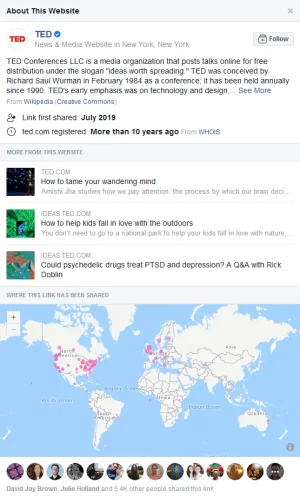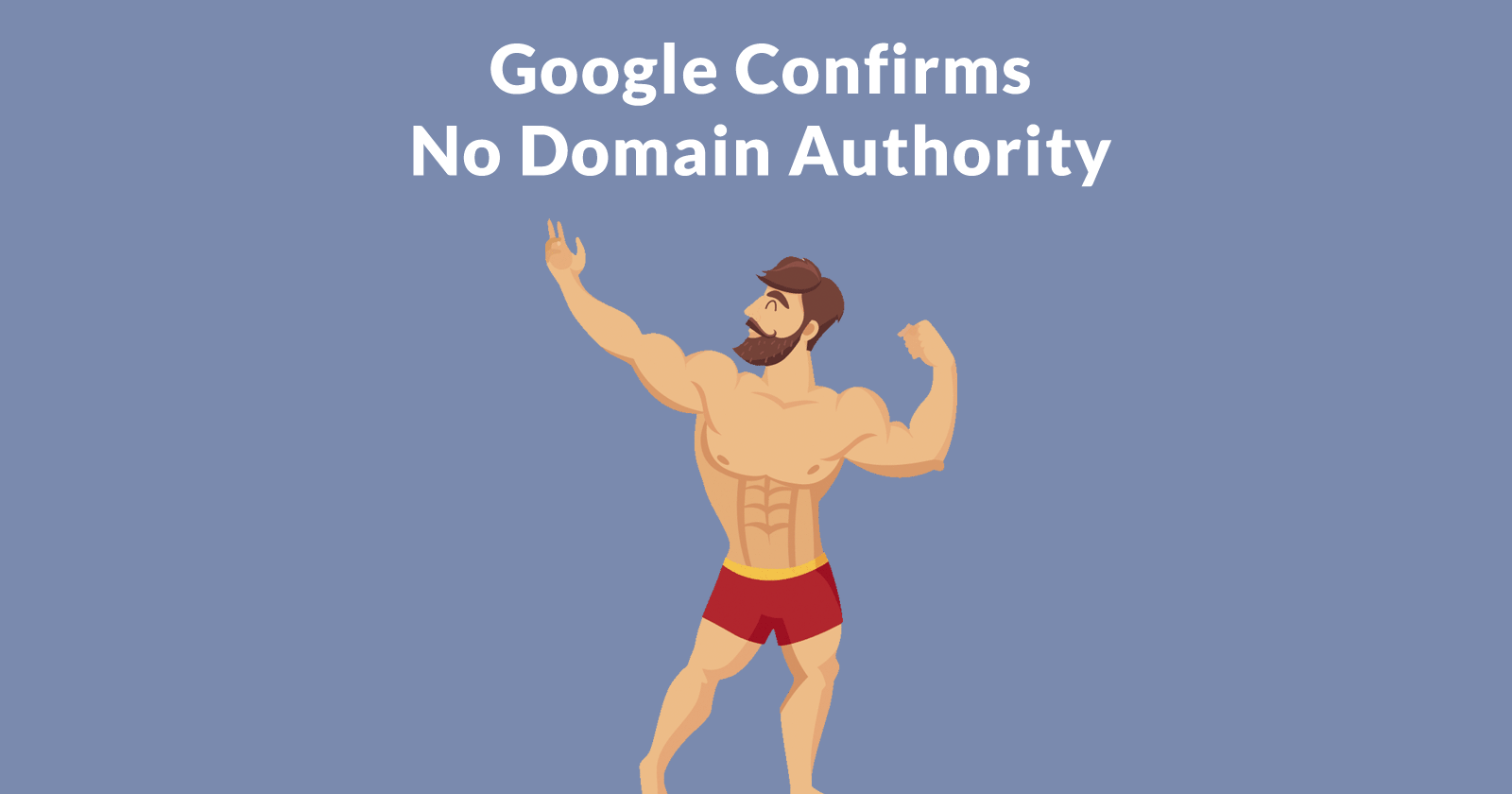The point about the age of the domain is to avoid spoof domains. i.e. if someone would register xenforo.co today and host fake xenforo news on it, then it would be easy to miss when a link is posted an unfurled. The domain age details helps with noticing scams like that.
Here are some good examples of sites mimicking the url of real news outlets:

en.wikipedia.org
While that may be true, I think that it also gives the impression of authoritative content to older domains that really only existed for a year. I would generally think that more people are smarter than that... but, you never know. Whereas more people are statistical and see X years, thus see it as an authoritative source.
This seems more like an addon and expanding the unfurl system to me, though. However, not because we have a differering opinion. It's because 1 unmentioned site charges over 500 API JSON queries to gather that data while another starts at $2 per 1000. I'm sure that even big boards don't post over a thousand or so unique domains per month, so it shouldn't be a costly endeavor, but it is one above and beyond that a site owner has to accept (much like Amazon SES for email).
The other option, for more advanced users, is installing a command-line whois program to get the information. Though, the drawback with this is most have 1 dedicated IP and whois servers throttle requests so you may need to unfurl and shove them in a queue, displaying the registration dates later.
Either way, they could be cached (500 free or 1000 for $2) and re-ran each month to ensure the domains still exist with a whitelist of obvious (Yahoo, etc.) and stored locally to save money.
The negatives of the implementation outweigh the positives, in your case, trickery with a domain when we have moderators and other community members who should pick up on that and delete and/or edit or report the post.




